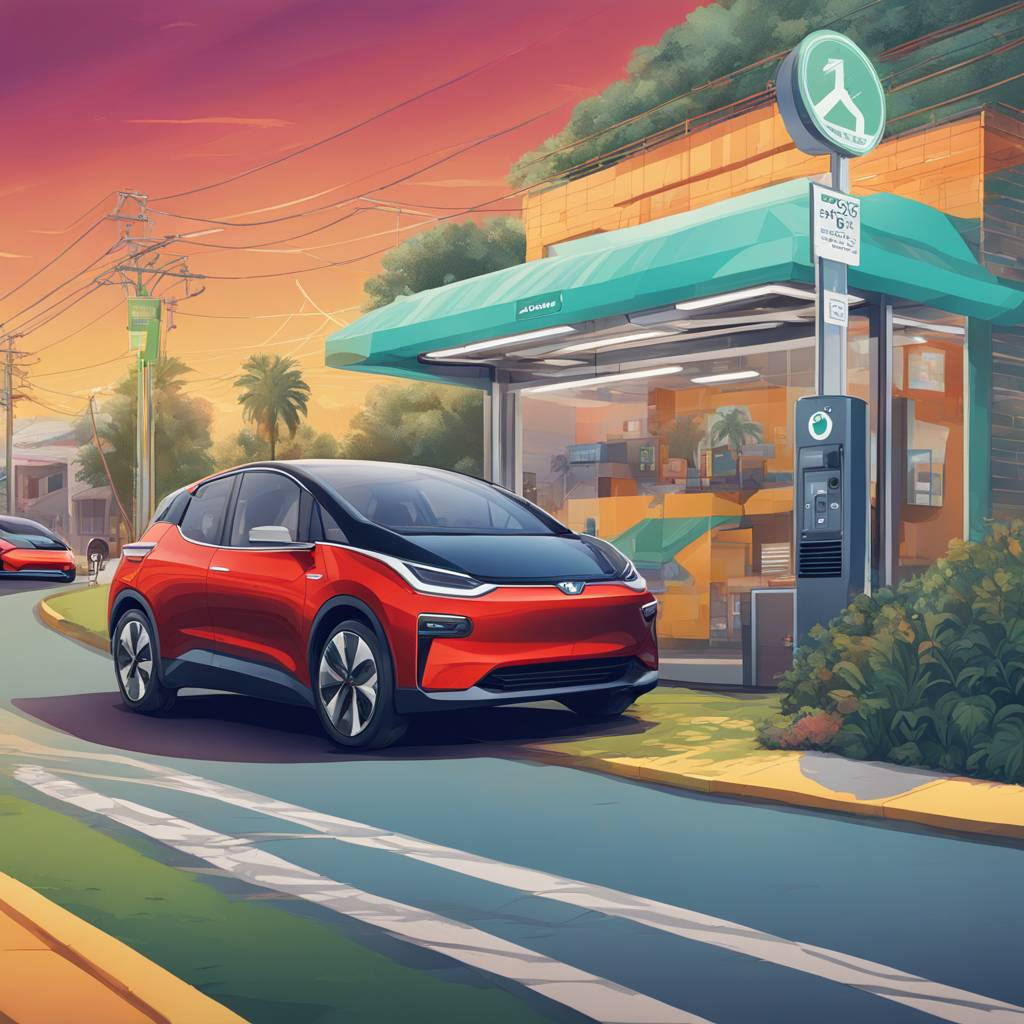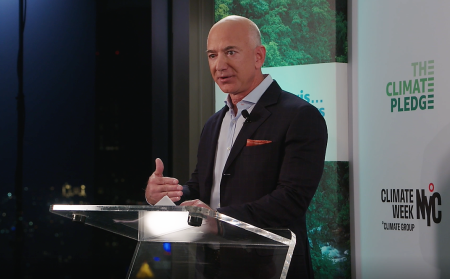The 2024 tax season is coming to a close, but for those who haven’t filed their 2023 tax return yet, there is still an opportunity to claim the EV tax credit of up to $7,500, one of the largest tax credits available to US taxpayers. This tax break, revamped by the Inflation Reduction Act in 2022, offers a credit of up to $7,500 for the purchase of a new electric vehicle. The IRS and Treasury Department have been providing guidance on how and when to use the credit. The revised EV tax credit for 2023 includes criteria on which cars qualify and how to claim the credit. Those considering buying an electric vehicle in 2024 should understand the steps needed to claim the credit in 2025.
The Inflation Reduction Act implemented several changes to the EV tax credit. There is now a price cap for qualifying EVs, with the MSRP set at $55,000 for passenger cars and $80,000 for vans, SUVs, and light trucks. Foreign entities of concern are prohibited from claiming the credit starting in 2024, and there is also an income cap to qualify for the credit. These changes went into effect on January 1, 2023, and will remain until January 1, 2032. It is advised to check the IRS website for any updates on these regulations.
For those looking to purchase an EV in 2024 and take advantage of the tax credit at the same time, the credit can now be claimed at the point of sale, reducing the vehicle’s purchase price immediately. The EVs eligible for the tax credit are divided into different categories based on their components’ manufacturing origin. The credit is split into two halves, with requirements related to battery components and critical minerals sourced from North America or US trade partners. Nearly 4 dozen EV models currently qualify for one or both credits, with the provisions set to last until December 31, 2032.
To claim the EV tax credit, individuals need to file IRS Form 8936 along with their tax return. This is a non-refundable tax credit that is used against taxes owed; any excess credit does not result in additional money back. There is also an opportunity for individuals to claim the tax credit on a used EV, with restrictions on the vehicle’s purchase price, age, and previous ownership history. Several income caps are set for individuals looking to claim the credit for used EVs.
Alongside the federal EV tax credit, many states offer rebates and incentives for clean vehicles. Some state incentives cannot be claimed in conjunction with the federal credit, so it is important to gather all relevant information before applying for any credits. Additionally, the tax break for residential charging systems, now extended through 2032, provides a credit of $1,000 or 30% of the system’s cost, whichever is less. The credit also applies to bidirectional charging equipment, allowing EV owners to power other appliances or even their homes during emergencies. Individuals can claim this credit by filing IRS Form 8911.















